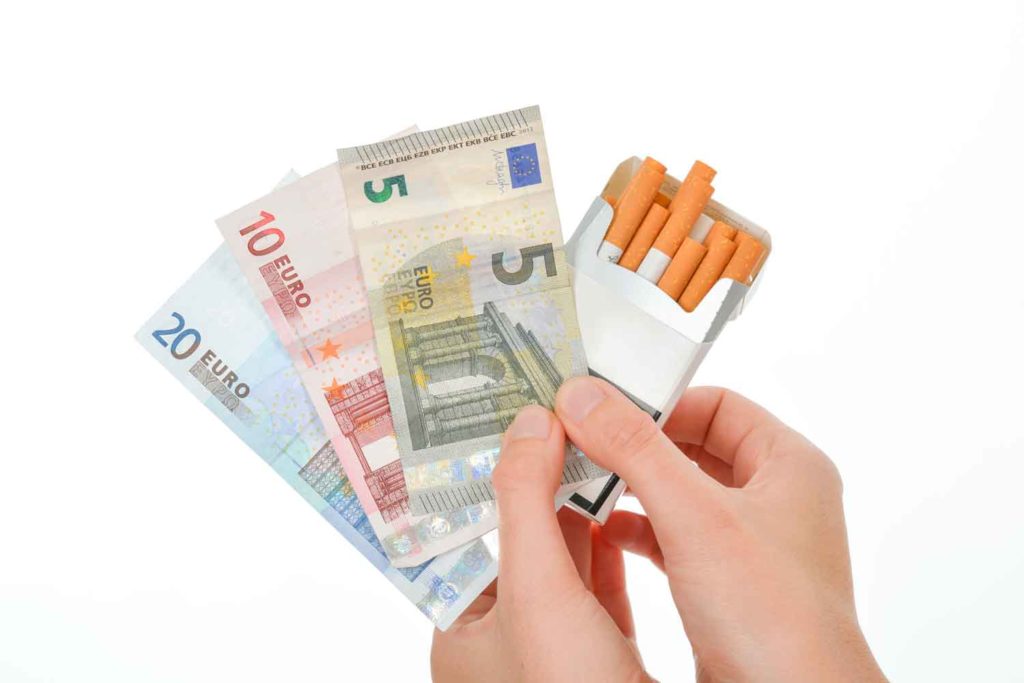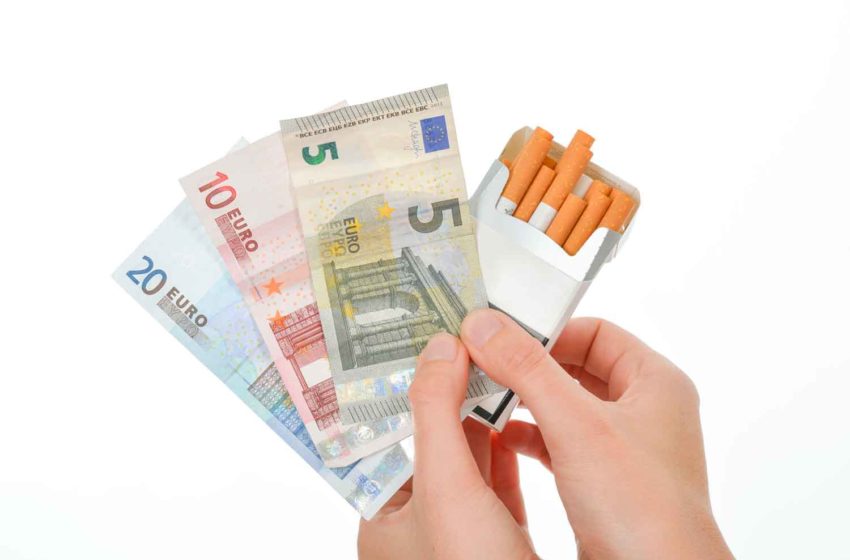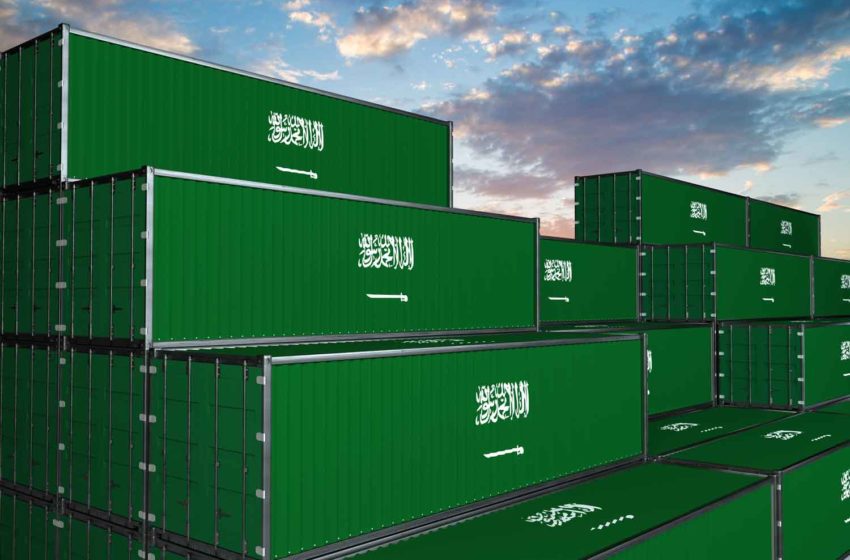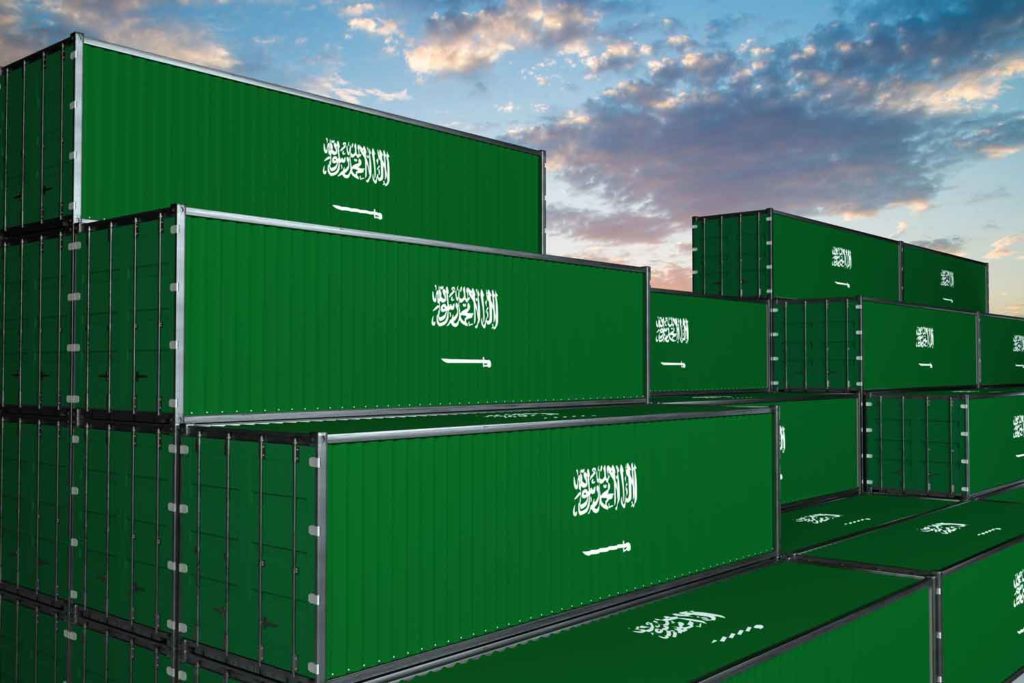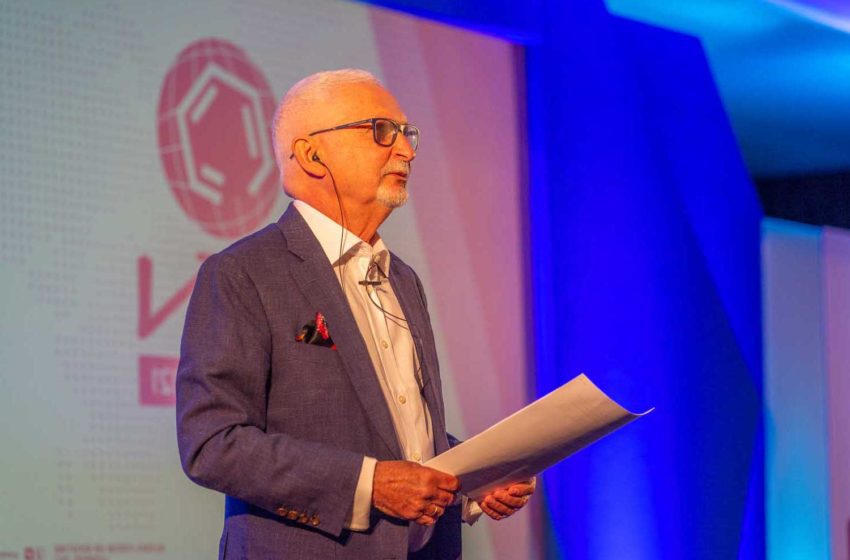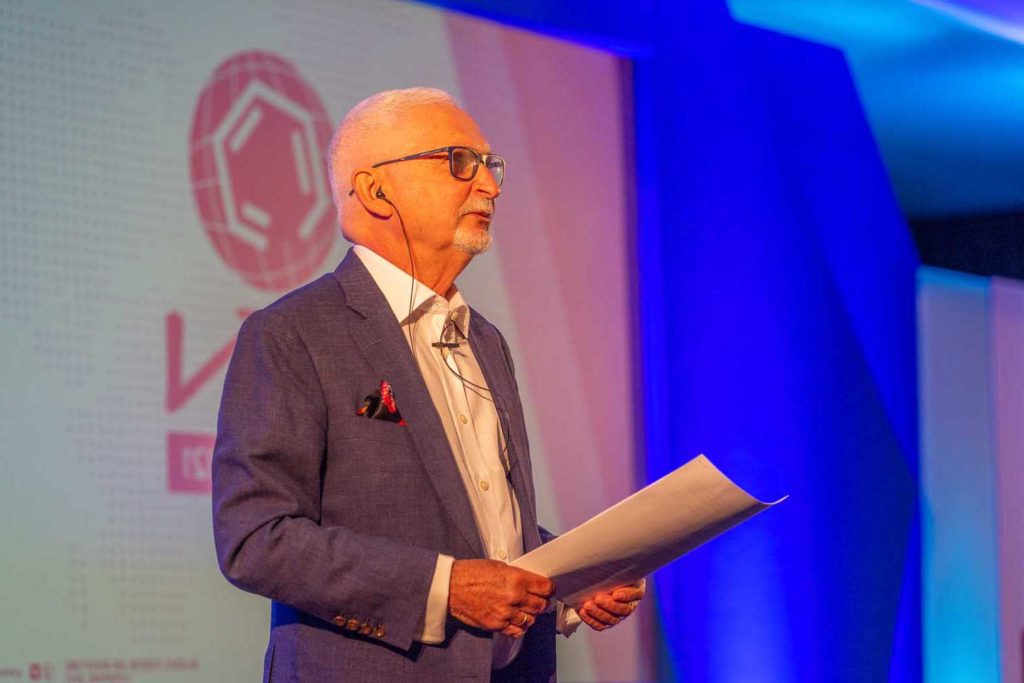ITC reported gross revenue of INR591.01 billion ($7.62 billion) for the fiscal year that ended March 31, 2022, up 22.7 percent over the previous fiscal year. The company’s earnings before interest, taxes, depreciation and amortization were up 22 percent, to INR189.34 billion, while profit before tax was INR198.3 billion, 15.5 percent more than in the previous year. Profit after tax was INR150.58 billion, compared with INR130.32 billion a year earlier.
According to ITC, the operating environment during the year was marked by heightened uncertainty and volatility due to the Covid-19 pandemic, along with unprecedented inflationary headwinds. Geopolitical tensions towards the end of the year exacerbated the situation.
“In spite of significant disruptions during the year, the company’s consumer-centricity, agility in seizing market opportunities, focus on execution excellence harnessing learnings from previous waves and proactive strategic interventions enabled it to post robust growth in revenues and profits, surpassing pre-pandemic levels,” ITC wrote in statement.
After a challenging fiscal year 2020-2021, and despite repeated disruptions this year, ITC’s cigarette business progressively recovered on the back of improved mobility and easing of restrictions, surpassing pre-pandemic levels in the latter half of the year. According to ITC, the business effectively leveraged institutional strengths, digital technologies and learnings from previous waves to respond with agility across all nodes of operations. This included, reconfiguring and realigning supply chain operations to service market requirements through dynamic planning, strengthening direct reach in target markets across all traditional trade channels and augmenting the network to service rural and semi-urban markets efficiently.
ITC says the cigarette business continues to counter illicit trade and reinforce market standing by fortifying the product portfolio through innovation, democratizing premiumization across segments and enhancing product availability backed by superior on-ground execution.
The company introduced several new brand variants to cater to continuously evolving consumer preferences. New launches during the fiscal year included Classic Connect, Gold Flake Neo SMART Filter, Wills Protech, Capstan Excel, American Club Smash, Gold Flake Kings Mixpod, Gold Flake Indie Mint, Wave Boss and Flake Nova.
Meanwhile, ITC says it continues to modernize its manufacturing facilities by introducing contemporary technologies towards securing higher levels of productivity, product excellence and driving innovation. “New benchmarks were set in areas of quality, sustainability, supply chain responsiveness and productivity,” the company wrote in its financial release. “Cutting-edge technologies such as Industry 4.0 and Data Sciences were leveraged to build a smart manufacturing environment of connected systems.”
